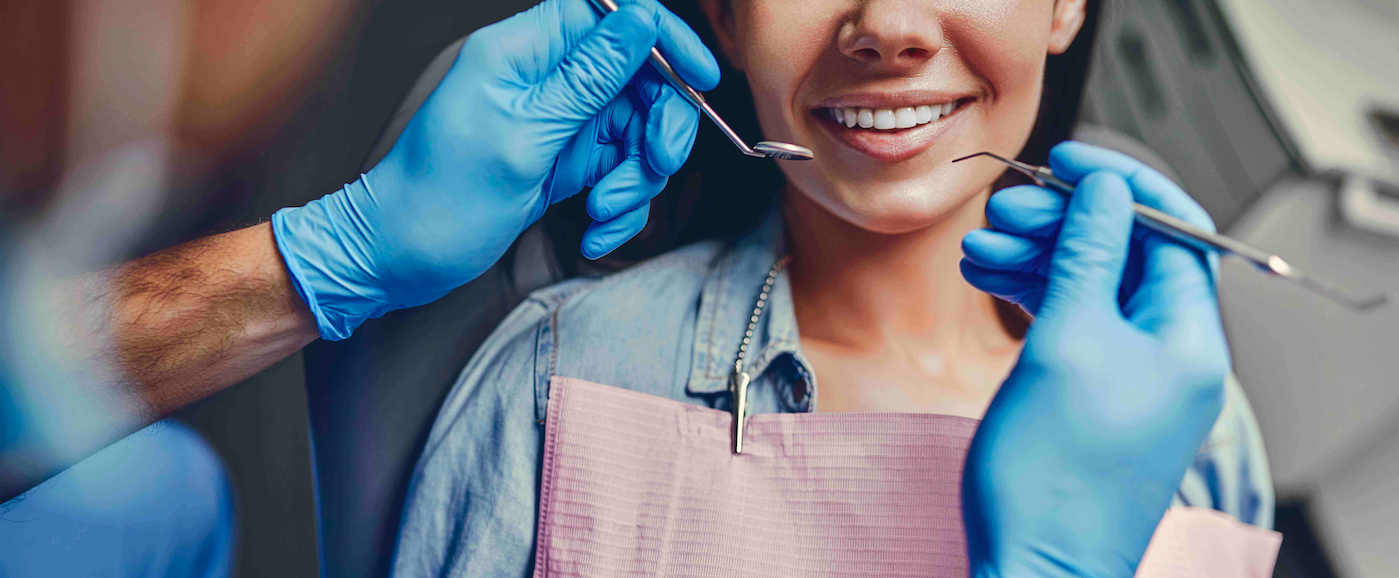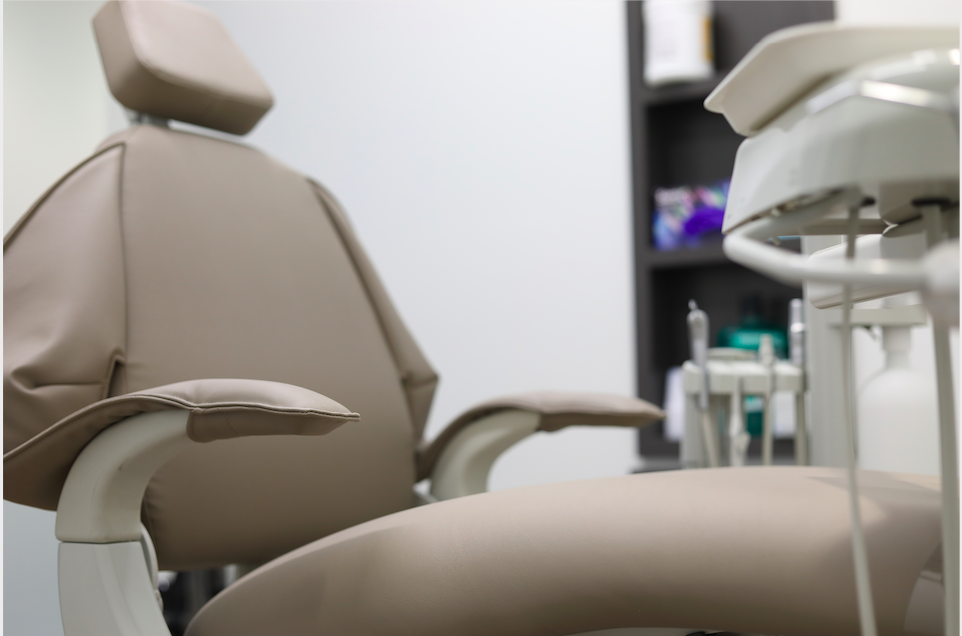Looking for the Root Cause of Your Health Problems? It Might Be Your Mouth.
An Introduction to Biological Dentistry and a Better Approach to Oral Care
By. Stephen Roberts, MD and Leslie Frodema, RN of Hopkins Medical Group
A person experiencing tooth pain, infections in the mouth, and even headaches knows to seek help from their dentist. These local ailments are hard to ignore, and with clear ties to the mouth, it’s easy to pinpoint and address the cause of the issue. Yet there are many other medical conditions outside the mouth that may still be related to oral health.
Problems in our mouth can have far-reaching effects throughout the body including:
- Fibromyalgia and other nonspecific pain syndromes
- Metabolic diseases like Diabetes
- Neurodegenerative diseases like Parkinson’s, Alzheimer’s, Multiple Sclerosis
- Autoimmune Diseases like Hashimoto’s Thyroiditis, Rheumatoid Arthritis, Lupus, Psoriatic Arthritis
- Allergies/Sensitivities
- Asthma
- Cancer
So if you are seeking the “root cause” of your health problems, don’t forget to consider what is going on in your mouth.
Dental Interventions Can Impact Your General Health
Dental interventions, such as root canals, crowns, bridges, and mercury fillings, are common in the U.S.. In fact, over 15 million root canal procedures are performed each year and the average American has three cavity fillings. But dental interventions can have a negative impact on your overall health.
Materials used in traditional dentistry can lead to neurotoxicity, impaired neuro lymphatic drainage and detoxification, immune dysregulation, heart disease, and more.
We know mercury is toxic and can lead to autoimmunity. Yet, it is still used by many dentists in cavity fillings. Likewise, titanium (which up to 25% of people are sensitive to) is used in dental implants. Similarly, the acrylic resins used in conventional dentures can be potentially toxic and/or allergenic for their users.
Unfortunately, most dentists and doctors give limited attention to the impact dental interventions and certain restoration materials can have on our overall health, despite a significant amount of research that says otherwise.
Enter the emerging science-based field of biological dentistry that reminds us what happens in the mouth does not always stay in the mouth.

Biological Dentistry Can Help You Treat Your Overall Health
At Hopkins Medical Group, we believe in the interconnectedness of all things in the body and the mouth is no exception. Biological dentists share this belief.
A biological dentist can help you make a short- and long-term plan to improve your oral health, taking the whole body into consideration. So if you are having persistent health issues—from low-level issues like headaches and nagging fatigue to high-level issues like the conditions mentioned above—biological dentists can help get to the root of your problems, starting in your mouth.
Biological dentists:
- Focus on the individual patient: Forward-thinking dentists consider the patient and their entire health picture when choosing restorative materials and developing a treatment plan.
- Use biocompatible materials: We are beginning to learn through biological dentistry what it means to be truly biocompatible so we are not simply taking out mercury and substituting in potentially toxic plastics, BPA, or adhesives. Biological dentistry strives to use non-toxic and natural materials in its dental procedures.
- Leverage alternative tools: Biological dentists may use tools not found in most dental offices including those necessary for a higher standard of safe mercury removal, ozone, use of platelet-rich fibrin (PRF), or low-level laser therapy (LLLT)/photobiomodulation with cold laser.
Additional ways to treat your whole body:
In addition to finding a dentist that takes a comprehensive approach to oral health, there are other steps you can take to treat your whole body.
- Remove toxins from your environment: Find a good water filter, dust and vacuum your home regularly, avoid artificially fragranced products, and wash your hands regularly avoiding anti-bacterial soap. Listen to our podcast for other safe and simple ways to detoxify your body.
- Choose fluoride-free and sugar-free products: We all know sugar can increase our risk of many diseases including those that occur in the mouth (i.e. gingivitis, tooth decay, cavities). But excessive exposure to fluoride has also been linked to a number of health issues including thyroid and neurological problems.
- Eat clean, choosing organic foods when possible: Embrace whole foods like vegetables, fruits, whole grains, and healthy fats and proteins to heal your body from the inside out. These foods nourish both the oral and gut microbiome, feeding the beneficial bacteria that provide a foundation to overall health.
The takeaway: What you choose to put in your mouth matters.
The emerging field of biological dentistry can help get to the root of your health issues, starting in your mouth. This forward-thinking, science-based health practice understands that excellent oral health opens the door to overall wellness.
Thinking of making the switch? Visit the International Academy of Biological Dentistry and Medicine’s (IABDM) website to find a biological dentist near you.
